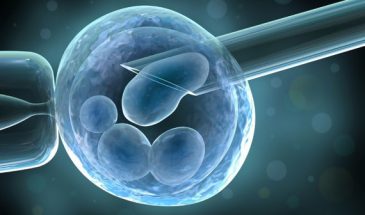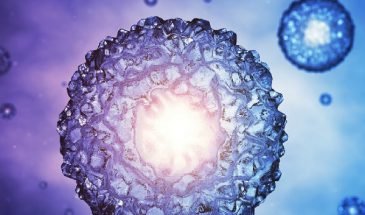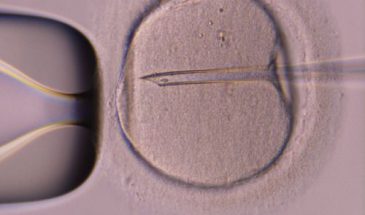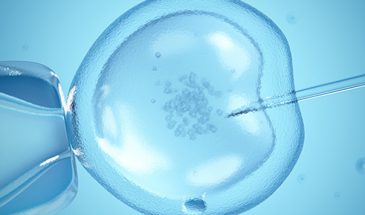- Overview
- Treatment Includes
- Treatment Excludes
- Booking
Basic egg donation
Today, it is possible for a woman to become pregnant even after the time her ovaries are incapable of producing eggs thanks to egg donation.
Patients (recipients) who can benefit from the donation of oocytes (eggs) from a healthy, fertile donor are those who lack ovarian function secondary to ovarian failure, chemotherapy, radiation treatment, genetic diseases, and women who have resistance to ovarian stimulation due to severe diminished ovarian reserve.
In the past, these women would simply have no alternative to become pregnant.
Now, an oocyte donor can receive ovarian stimulation with medications and have these eggs retrieved, mixed with the recipient’s partner’s sperm in the laboratory, and the resulting embryos are transferred to the recipient. Egg donation has truly made more pregnancies a reality.
Recipients of egg donations are typically women under the age of 50. Women over age 50 will be considered on a case-by-case basis at the discretion of our knowledgeable IVF experts. Candidates should also have no prior health issues.
The process of an egg recipient cycle begins with the recipient using medications to control their menstrual cycle, if applicable. This will be followed by estrogen patches for several days to stimulate the uterine lining to grow and prepare to receive the embryo. Once the recipient’s uterine lining has grown to the appropriate thickness, she begins using progesterone vaginal gel. The embryo transfer takes place 3-5 days later by the physician gently placing them into the uterus using a soft pliable catheter under ultrasound guidance. A pregnancy test is performed approximately ten days later.
The egg donation matching process is very personal and is often based on similarities in appearance, common blood type, ethnicity, and the personality of the donor, all contingent on the discretion of the recipient. The physician and IVF nurse coordinator will help facilitate the process. Donors and recipients can be either anonymous or known (such as with one family member donating for another).
A variety of screening tests are performed on donors. Some of the most common include:
Ultrasound monitoring and blood hormone testing is necessary 5-6 days prior to egg retrieval
Blood screening for egg donors are required for infectious disease, including HIV and blood type
Meeting with a Fertility CARE doctor for an interview and to review medical records, undergo a physical exam, and a full explanation of procedures and associated risks
A meeting with a mental health counselor or psychologist for an interview and to allow an opportunity to discuss all aspects of egg donation
No details found.
No details found.
-
StartEndGroup (Min-Max)Pricing




